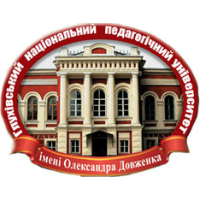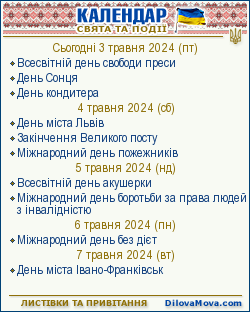Languages
ZOLA N. V. Historical literature on the ecumenical activity of hierarchy of the Greek Catholic Church in the interwar period
This article discusses ecumenical activity of the hierarchy of the Greek Catholic Church in the interwar period in Ukrainian historiography, highlights positions of Soviet researchers, foreign and modern historical science for finding mutual understanding between Western and Eastern Church. The main attention is paid to the ideas, activities and role of metropolitan A. Sheptytsky in the footsteps of the unity of Christ’s Church.
Ecumenism, as a movement for the restoration of the complete unity of Christians, is the path of the Church of Christ. This is an integral part of the essence of the Church and its pastoral activities. Therefore, the Greek Catholic Church in all periods of its activities was extremely responsible for the ecumenical movement. The ecumenism of the interwar period, in the modern understanding of the word, is difficult to interpret. Nevertheless, thanks to the activities and ideas of its head, Andrey Sheptytsky, the foundation for finding a rapprochement between the West and the Eastern Church is emerging in this period.
The author holds Soviet science distortedly depicted the ideas of the clergy about the unity of churches, considering them to implement the plans of the Vatican. This was the result of a series of provocative, distorted studies on the history of the Greek Catholic Church and metropolitan A. Sheptytsky.
Many efforts Ukrainian foreign historiography made to study the church activity of the Greek Catholic clergy in the 40’s and 80’s of the twentieth century. This problem was worked out mainly in the emigrant environment through the prohibition and prosecution of the Greek Catholic Church by the Soviet authorities. The author expresses the opinion that the Diaspora has made a significant contribution to the study of ecumenism, since the authors mainly have a direct bearing on the church activities of the Greek Catholic Church. Namely, foreign researchers are scientists on the one hand, and on the other hand, priests and public figures who often were witnesses of the era. This in turn, reflects this problem from the middle.
The fall of the «Iron Curtain» gave rise to the possibility of the birth of national historiography. This, in turn, allowed us to reconsider the history of the «self-liquidated» Uniate Church. Against the background of modern globalization processes, there is an objective basis for an innovative approach to studying the historical science of ecumenism of the Greek Catholic Church. Modern historiography introduces new methods and approaches to understanding the ecumenism of the GCC. It mainly focuses on the ideas and role of Metropolitan A. Sheptytsky in these processes.
Key words: ecumenism, Greek Catholic Church, Andrey Sheptytsky, Ukrainian historiography.
- 806 reads





